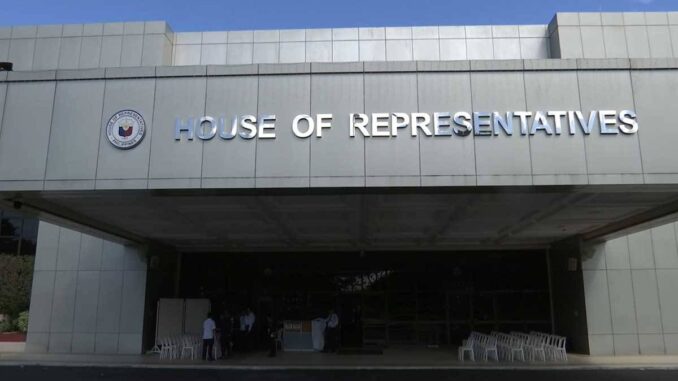
THE House of Representatives on Tuesday adopted Senate Bill (SB) 2871 or the proposed Chemical Weapons Prohibition Act.
Last month, the Senate approved the measure on third and final reading.
With the House’s adoption of the bill, it now only needs presidential approval to become law.
SB 2871 seeks to prohibit the development, production, acquisition, as well as stockpiling, retaining, using or transferring of any chemical weapon.
Likewise, the bill seeks to punish violations of this prohibition with life imprisonment, “without the benefit of parole” or the provisions of the Revised Penal Code, and a fine of at least P2 million, but not more than P5 million.
Also, it will punish anyone “who finances the development, production, acquisition, stockpiling, retention, transfer, or use of chemical weapons” with 20 years to life imprisonment and a fine not less than P500,000 but not more than P1 million.
“Persons who are found guilty of committing any offense punishable herein shall not be subject to probation under President Decree No. 968, otherwise known as the ‘Probation Law of 1976’, as amended by Republic Act No. 10707,” the bill indicates.
If the violator is a foreigner, the bill states that he shall “be deported immediately” after serving his sentence and “permanently barred” from the Philippines.
If the violator is a government official or employee, he “shall suffer absolute perpetual disqualification from any public office and the maximum penalty provided in this act.”
The country is a state party to the Convention on the Prohibition of the Development, Production, Stockpiling, and Use of Chemical Weapons and on their Destruction.
Under the bill, purposes not prohibited under the convention meant these, among others: “Industrial, agricultural, research, medical, pharmaceutical, or other peaceful purposes” and “Protective purposes directly related to protection against toxic chemicals and chemical weapons.”





Be the first to comment